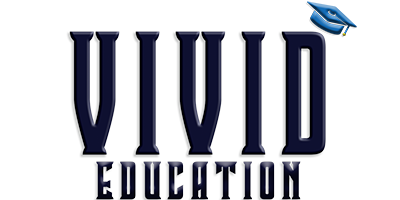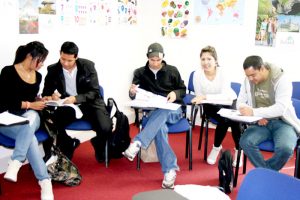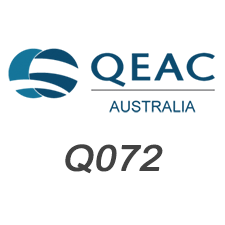Jobs for students
Careers in Australia
You should prepare sufficient funds to cover all expenses before you leave your home country. You should not rely on working in Australia to cover your tuition fees or living costs. Although working part-time can provide an avenue for meeting new people and some extra spending money, it should never be considered more than an ‘added bonus’. Your student visa gives you permission to work up to a maximum of 40 hours per fortnight during your studies on session (any volunteer or unpaid work also counts towards this limit). During session breaks or holidays, students can work full-time or unlimited hours. The Department of Immigration and Border Protection can provide you with more information about applying to work in Australia under your student visa. If you decide to work, you will be required to pay tax on your earnings in Australia. The amount you will pay is determined by how much money you earn during the financial year (1 July to 30 June) and the applicable rate of tax rate set by the Australian Government. You will need to apply for a Tax file number (TFN) after arriving in Australia if you would like to work. This is a unique number issued to each taxpayer by the Australian Taxation Office (ATO). Your Australian bank and employer will ask you to provide them with your tax file number when you open a new account or start a new job. If you do not provide them with this number, your bank will be required to tax your interest at almost 50% and your employer will be required to take almost 50% of your wages in tax.
Jobs for students
There are many ways to find a job in Australia. The most common ways are through job portals like seek.com.au, employment agencies, government national employment services, and job networks. For the most part, searching for a job in Australia is no different than looking for a job anywhere.
To land to a job
One of the first things you should do when searching for a job is to research the companies you are interested in. After you have done your research, you should send in an application or resume to the company and schedule an interview. In order to acquire a job a student must exude good manners and punctuality when interviewing. Have your phone on you at all times in case a prospective employer calls. Be persistent even if they say no – Australians admire tough people. Remember when looking for a job that school comes first so the jobs you’ll have to look for will have hours during the night. Visit Work in Australia for more tips about resume writing and the application process.
Casual Job nature
Couldn’t stand washing dishes and scrubbing toilets at home? Those jobs that were unappealing at home will be different in a new country. They are the most easy to obtain and they immerse you in the culture. The fact that you will be in a new place with new and interesting people will be more important than what you are actually doing.
Typical jobs held by international students include:
- Shop assistant
- Nursing assistant
- Department store staff
- Bartender
- Kitchen hand
- Waiter
- Delivery Driver
- Cleaner
- Gardener
- Clerical assistant
- Babysitter
- Tutor
- Staff in fast food chain
- Supermarket staff
- Picking and packing fruits and vegetables
- Cinema staff
- Translators Etc.
Prepare yourself and make up your mind to get your hands dirty while studying.









